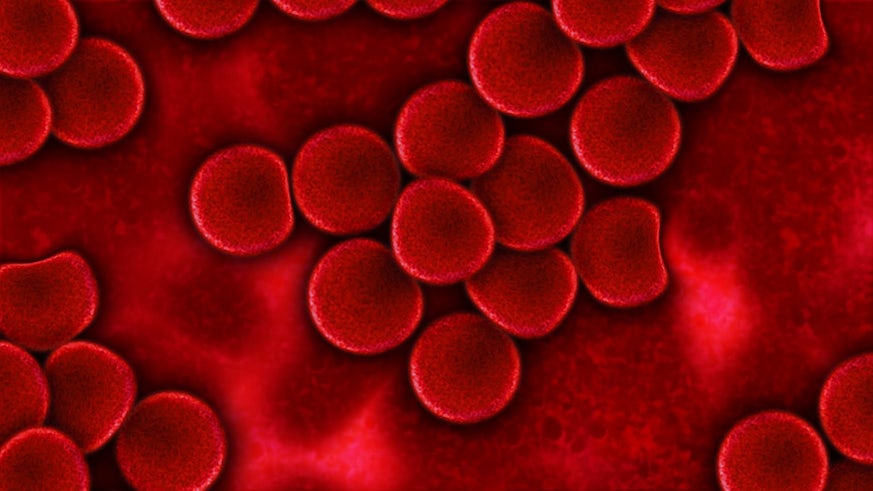£2.3 million for breakthrough acute myeloid leukaemia treatment
27 March 2024

Cardiff University researchers have been awarded a £2.3 million Development Pathway Funding Scheme grant from the Medical Research Council (MRC) to advance the development of an innovative approach to treating acute myeloid leukaemia.
The award will fund a project that aims to develop new therapies for acute myeloid leukaemia by targeting blast and leukemic stem cells. The therapies being developed will use new technologies that hijack the body’s own mechanisms to stop the growth of cancer cells. This novel medicine, called PROTAC, will be highly specific to blood cancers.
Dr Darren Le Grand, Senior Research Fellow at Cardiff University's Medicines Discovery Institute and project lead, said: “Acute myeloid leukaemia is a potentially fatal blood and bone marrow cancer that increases in incidence above the age of 60 years. Current aggressive chemotherapy drugs used to treat this form of cancer can be less well tolerated by older patients and, for all patients, relapse is commonly seen within 2-3 years.
Despite significant improvements in survival in younger patients, only 5% of acute myeloid leukaemia patients aged over 60 survive over a 5-year period. New and more effective treatments that are applicable across the wider acute myeloid leukaemia patient population and that are suitable to use in older patients are urgently needed.
This project brings together the expertise of Cardiff University's medical research community, uniting Cardiff university with NHS collaborators in Velindre University NHS Trust and Cardiff and Vale University Health Board. The collaborations between the Medicines Discovery Institute, School of Medicine and University Hospital of Wales’ Cardiff Experimental Cancer Medicine Centre aims to translate medical science research into drug development, accelerating the progress of novel therapeutics into the clinic for patients.

Our team is dedicated to pioneering transformative solutions for AML treatment. This funding from the MRC is a crucial step towards addressing the unmet needs in AML therapy.
Professor Steve Knapper, from the Division of Cancer and Genetics at Cardiff University School of Medicine and Honorary Consultant Haematologist at the University Hospital of Wales, added: "The collaboration between drug discovery and clinical expertise positions us well to make significant strides in improving acute myeloid leukaemia treatment. If successful, this therapeutic approach promises to bridge a significant current area of unmet treatment need.”
“Successful development of the PROTAC medication will lead to precision medicine approaches to treating cancer, tailoring treatments of individuals based on their age, health and potential acute myeloid leukaemia subtype. It is hoped that initial clinical trials with the PROTAC therapies could start within 3 to 5 years,” added Dr Darren Le Grand.